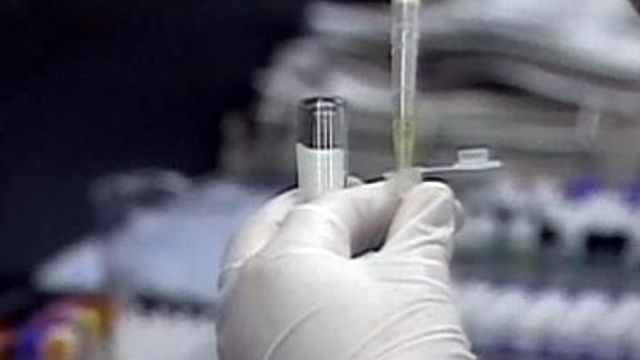Health Team
Test Can Detect Prostate Cancer Before It Appears
Researchers at Wake Forest University School of Medicine have developed a genetic blood test to determine a man's risk for prostate cancer before it appears.
Posted — UpdatedWINSTON-SALEM, N.C. — Researchers at Wake Forest University School of Medicine have developed a genetic blood test to determine a man's risk for prostate cancer before it appears.
The trial results appear in the latest edition of the New England Journal of Medicine. Researchers examined five places in the genetic code.
When any four of them were abnormal, the probability of prostate cancer increased by as much as 500 percent.
Until now, family history was the best way to measure risk. A prostate specific antigen (PSA) test and digital rectal exam lead to a diagnosis.
Dr. Herbert Lepore with the New York University Medical Center said high-tech advances are exciting, but a PSA test is still the best weapon, if done early and often.
"Rather than doing some of these more complex genetics studies to assign risk, the simpler solution may be, let's just screen everyone who is 40, instead of 50," he said.
At least one company, though, plans to start offering the blood test in the coming months. It could be years until it's available on a widespread basis, however.
Still, it's already an inspiration for the cancer-fighting community.
"Every step is a major step, and something like this is absolutely phenomenal," said Bob Brown, with the American Cancer Society Foundation.
• Credits
Copyright 2024 by Capitol Broadcasting Company. All rights reserved. This material may not be published, broadcast, rewritten or redistributed.





